-
Varies each year
-
Includes full, partial, and negative marking
-
Some sections may have multiple correct options, integer-type, and matrix-match questions
+91 95595 09409
Full Name: Joint Entrance Examination – Advanced
JEE Advanced is the final stage of the IIT entrance process and is considered one of the most challenging undergraduate engineering entrance exams in the world. It is conducted for admission into the Indian Institutes of Technology (IITs), IISc, and a few other top-tier technical institutions. Only top candidates who qualify JEE Main are eligible to appear.
Understanding how marks are awarded and deducted
Varies each year
Includes full, partial, and negative marking
Some sections may have multiple correct options, integer-type, and matrix-match questions
Must be among the top 2.5 lakh rank holders (approx.) in JEE Main
Must have passed Class 12 in the previous two years or be appearing in the current year
Can attempt the exam a maximum of two times in two consecutive years
Must not have accepted admission in an IIT earlier
Age limit: General/OBC candidates must be born on or after October 1, 2000 (5-year relaxation for SC/ST/PwD)
Covers advanced topics in:
Physics: Mechanics, Electricity & Magnetism, Optics, Modern Physics, Thermodynamics
Chemistry: Organic, Inorganic, and Physical Chemistry
Mathematics: Algebra, Calculus, Coordinate Geometry, Vectors, Trigonometry
Note: A new, updated syllabus applies from 2023 onwards, available on the official JEE Advanced website.
Papers: 2 (Paper 1 and Paper 2)
Duration: 3 hours each
Subjects in each paper: Physics, Chemistry, Mathematics
Types of questions: MCQs (single & multiple correct), Numerical value-based, Match-the-columns
The pattern (marking, number of questions, types) changes every year
Strong conceptual understanding and problem-solving speed are key
Practice advanced-level problems regularly
Solve past years’ JEE Advanced papers
Take mock tests with simulated exam conditions
Focus on accuracy and managing time across all subjects
Recent announcements and important notices
JEE Advanced 2025 will be conducted by IIT Madras (tentative)
Exam expected in May 2025
Revised syllabus introduced from 2023 remains applicable
Only candidates qualifying JEE Main 2025 will be eligible to apply
Gateway to IITs, IISc, and a few premier institutions
High difficulty level
Only top JEE Main rank holders can apply
Two attempts allowed in consecutive years
Dynamic exam pattern each year
Explore institutions providing courses aligned with this exam
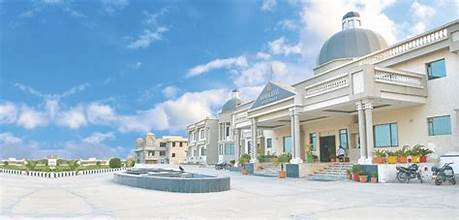
Sanskriti University, Mathura, is a NIRF-ranked, UGC-recognized institution offering over 100 industry-focuse…
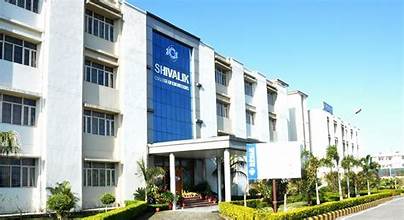
Shivalik College of Engineering, Dehradun, is a NAAC A+ accredited autonomous institution known for its acade…

Tula’s Institute, Dehradun, is a premier NAAC A+ accredited engineering and management college known for acad…
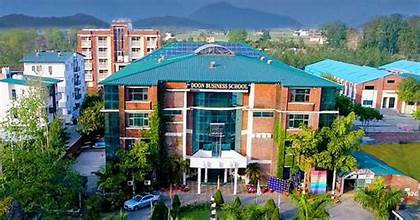
Doon Business School (DBS), Dehradun, is a leading management and professional education institution offering…

Uttaranchal University, Dehradun, is a leading NAAC A+ accredited institution offering multidisciplinary prog…
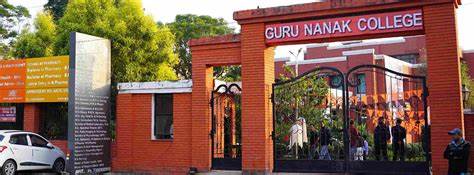
Guru Nanak Group of Colleges, Dehradun, is a UGC-recognized institution offering career-oriented education in…
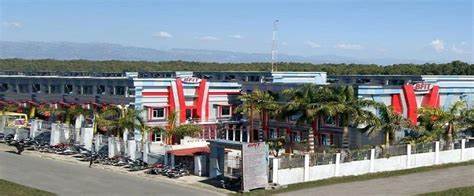
BFIT Group of Institutions, Dehradun, is a leading multidisciplinary college offering quality education in sc…
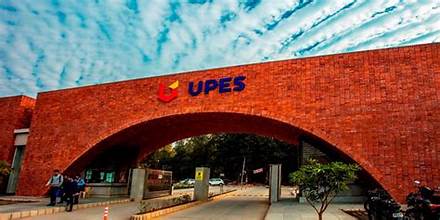
UPES Dehradun is a UGC-recognized, NAAC A-accredited multidisciplinary university known for its domain-specif…
Get expert career insights, admission updates, and exclusive opportunities directly in your inbox.